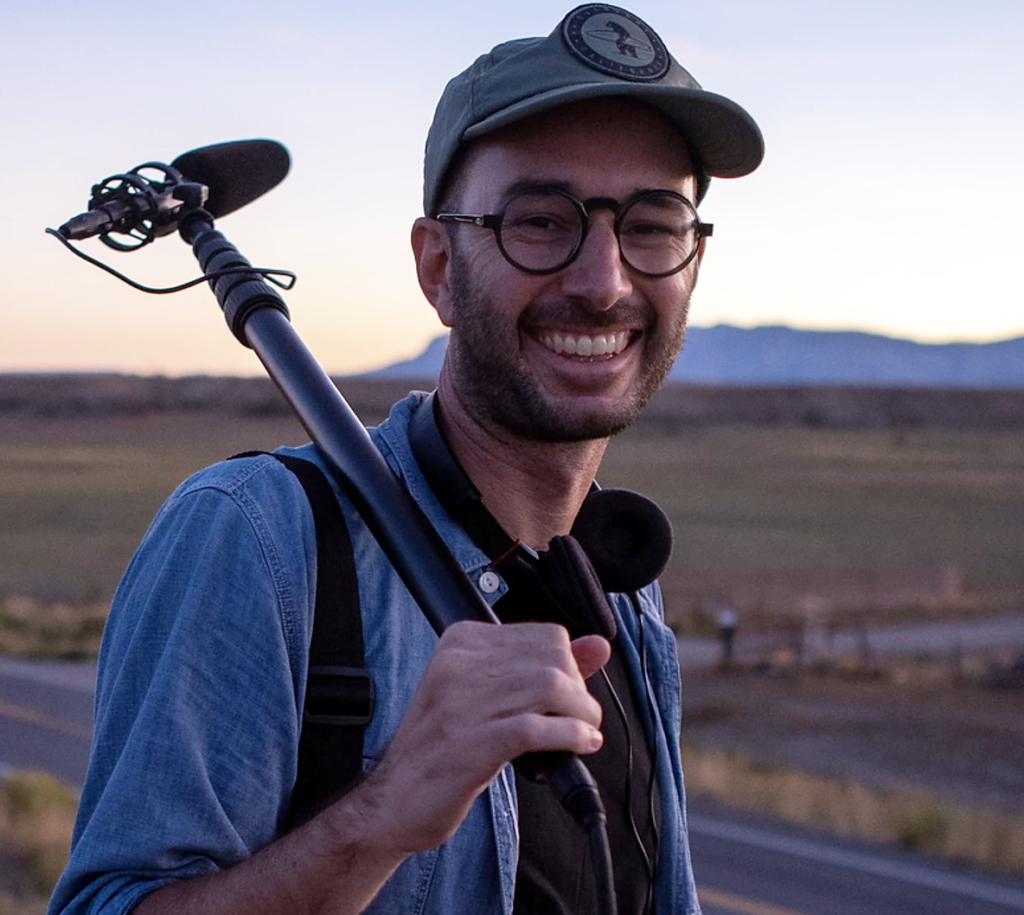
John D. Sutter is an independent journalist and documentary filmmaker based in Salt Lake City. His work has won the prestigious Livingston Award for Young Journalists, the IRE Award, the Edward R. Murrow Award, the Peabody Award and has received two EMMY nominations — one for new approaches to documentary and the other for environmental reporting. With support from the National Geographic Society, MIT and others, he is directing “BASELINE,” a pioneering documentary series that aims to tell the story of the climate crisis beyond a lifetime. At CNN, where Sutter was a senior investigative reporter, producer and columnist, he created and directed several award-winning projects, including “Two Degrees,” “Vanishing” and “Change the List.” He currently is a Knight Science Journalism Fellow at MIT and is a former Knight Visiting Nieman Fellow at Harvard University. He also is a visiting instructor at The Poynter Institute.
What is the most important lesson you’ve learned as a writer?
I’ve learned to call people back, to follow up, to visit a second and third or fourth time. When I first started writing I unknowingly (and now, embarrassingly) operated in a sort of Story Vacuum mode. I’d swoop in, gather up the story … and then leave. I didn’t follow up often. I didn’t have time to. Or thought that. It was always on to the next thing — right away. I’ve learned that a) I don’t like being the Story Vacuum guy. It feels wrong. And b) you find far better, truer stories — stories you didn’t know are there — when you spend time with people. When your interactions are more reciprocal, more like a relationship, less extractive. This is part of the sentiment behind the documentary I’m working on now (called BASELINE), which is following four communities between now and the year 2050. That’s … an extreme case. But I’ve learned that following-up more consistently can be a quick-and-easy thing to add to your writing practice. It’s kind, it’s human, and it helps us get closer to hidden truths. Or that’s my hope.
What has been the biggest surprise of your writing life?
That it’s not over. I got laid off from a newspaper in 2008, not long after I was out of college, and I thought I needed to find another line of work. I applied to other lines of work. The truth is that my writing life needed to morph and change from there — away from a just-print mindset and toward podcasts and film and multimedia production. It’s surprised me that all of these very different-seeming things are really just extensions of a core writing practice.
If you had to use a metaphor to describe yourself as a writer, what would it be and why?
Diver! I was a springboard diver when I was younger/fitter (once upon a time, a video clip of me diving, horribly, was the top YouTube hit for “painful belly flop”!) and I think a lot about that leap-of-faith moment that occurs when you start walking down the diving board. Not when you jump. Before that. When you decide to start walking. That act of stepping into the unknown feels a lot like the start of the writing journey for me. I want it to be practiced — it usually doesn’t end in a belly flop, hopefully — but I don’t want to know how things will turn out. That’s the fun. It’s always moderately terrifying. You always learn something.
What’s the best piece of writing advice anyone ever gave you?
Jan Winburn edited my stories at CNN for the better part of a decade, and one of the many things I love about her is that she always answers the phone when you’re the field. Like, always. I called her once from a drought story in the Texas Panhandle. It hadn’t rained there what seemed like forever, and I was going to spend the day with a rancher who was giving up on the business and selling his herd. And then, that morning, it started raining. Not a lot. But enough that the guy decided to hold out hope and keep the cattle. The human part of me was like: Cattle! Rain! Generational business continues! Yay! The CNN-just-flew-me-out-here-to-tell-a-drought-story part of me was like: *#@!. So at some point I went to the car and called Jan, kinda flipping out about how Mother Nature had decided to rain on my drought story. She was calm, per always, and delivered the simplest and best possible advice: Write the rain story.
J